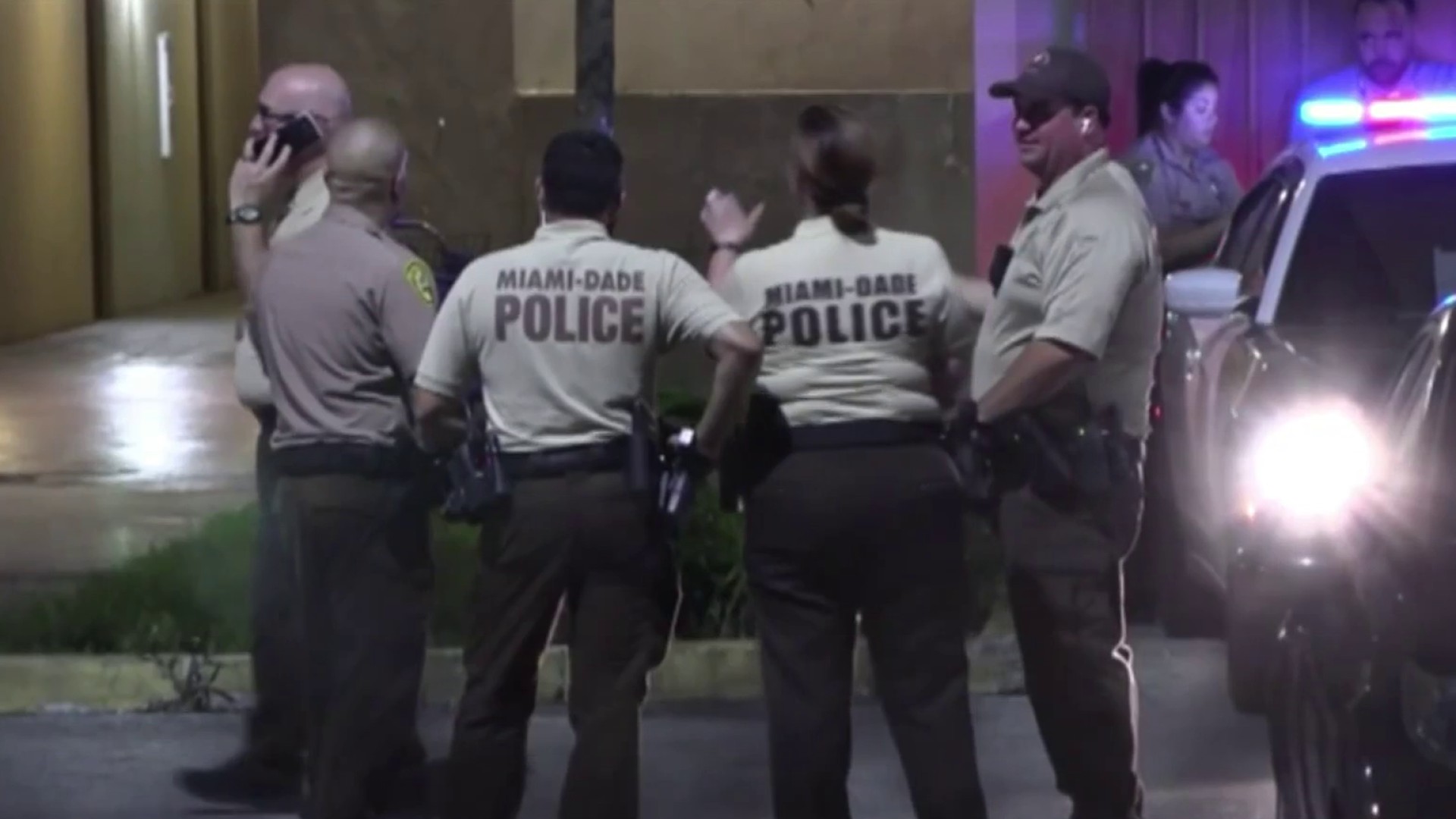For 18 months ending in 2008, a former Pahokee grocery store clerk and used car salesman ran a $68 million Ponzi scheme that swindled thousands of people, many of them working-class Haitian-Americans like him, who he met through churches.
While George Theodule is in the third year of his 12.5-year federal prison sentence, victims of his Creative Capital Consortium have been left with nothing of their "investments."
But that is about to change.
After more than six years of investigation and litigation, a court-appointed receiver has managed to recover nearly $6 million in assets that can be disbursed to victims who file claims proving they are, in fact, victims.
Time, though, is of the essence. Claims from victims must be filed by Aug. 16. To obtain a claim form and more information, go to http://creativecapitalreceivership.com.
While the scheme involved $68 million, more than a third of the money was used to pay early investors the promised exorbitant returns of 33 percent a month, said Jonathan E. Perlman, the receiver appointed by the federal court to try to recover assets for victims.
As in any Ponzi scheme, word of those returns attracted other investors who weren't so lucky.
Local
The pitch, said Perlman: "If you give me your money, I'll invest it and double it in 90 days."
Robert Vernon, a Hallandale Beach property manager and investor, heard about Theodule's supposed investment expertise through friends at his church. He investigated and after hearing testimonials from early investors who received the promised returns, he invested $77,000 with an associate of Theodule. But after 60 days, he said, he was told his expected $154,000 was tied up in an audit; after 60 more days, he said Theodule, 54, told him the money was unavailable.
He never saw his money again, but is hopeful he will recover a third of it or more through the claim process.
"It will be something is better than nothing," said Vernon.
When you exclude those investors whose seed money itself was somehow tainted, leaving them ineligible to collect on claims, the thousands of true victims like Vernon may have lost about $18 million, Perlman said.
Perlman and his team at the law firm of Genovese, Joblove & Battista say they cannot say for certain what share of the losses a judge will determine claimants will eventually recover.
But based on the estimated $18 million in legitimate losses and up to $6 million in net assets recovered for victims, it could be about one third of their loss.
When appointed in December 2008 as receiver, Perlman said, Theodule-related companies had about $28,000 in bank accounts.
" Normal 0 false false false EN-US X-NONE X-NONE MicrosoftInternetExplorer4 Wherever the money went, we chased it," Perlman said, noting he was able to liquidate houses and collector cars. Some expenditures, like fake breasts for Theodules' girlfriend, he said were, alas, unrecoverable.
"We feel privileged as lawyers to have had the opportunity to create a recovery for these innocent victims," said W. Barry Blum, a firm partner and counsel to the receiver, Perlman.
It took 31 lawsuits and more threatened actions to claw back the money, including most helpfully claims against four banks and brokers who the legal team accused of either aiding or abetting Theodule's breach of duty to his investors, or fraudulently transferring money for someone they should have known was up to no good.
The claims against the banks were originally dismissed by a trial judge in 2012, but the firm's attorneys appealed to the 11th Circuit Court of Appeals in Atlanta, which reversed the dismissals and reinstated the cases in 2014. Wells Fargo wound up agreeing to pay more than $3 million to settle one of the lawsuits.



